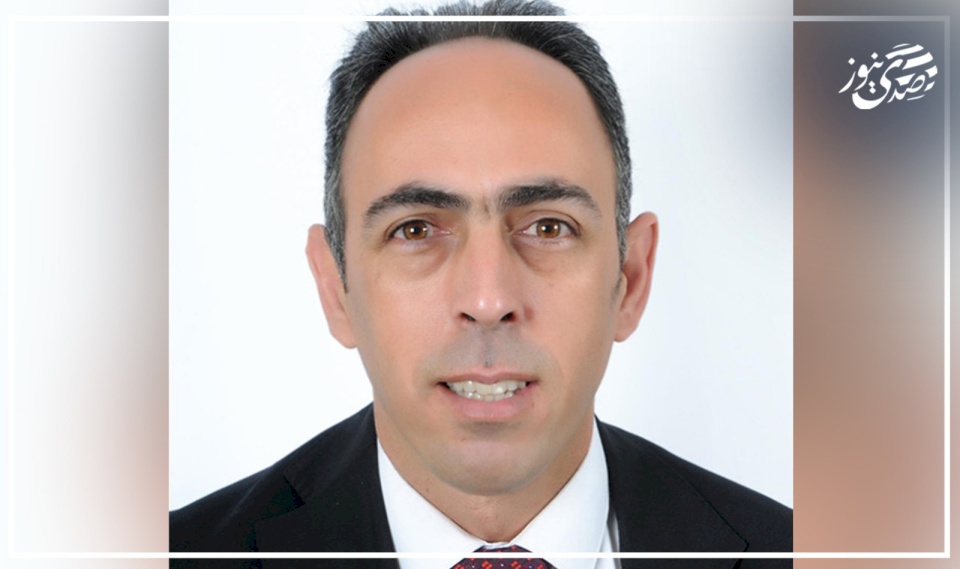
International Recognition of Palestine and the Israeli Response
SadaNews - The international recognition of Palestine in the United Nations General Assembly has caused significant shock and concern in Israel, both at the government and opposition levels, as Israeli political elites had relied on some traditionally allied countries like Britain, Canada, and Australia to retract their intentions to recognize the state of Palestine. However, those countries insisted on their positions despite all the pressures their governments faced and moved forward towards recognizing the Palestinian right to statehood along the borders of June 4, 1967.
The recognition by the United Kingdom, France, Australia, Canada, Portugal, Belgium, Malta, Luxembourg, Andorra, and Monaco represents a qualitative shift in international recognition of Palestine, as these countries hold significant political and economic weight on the international stage. Notably, they include Russia, China, Turkey, India, South Africa, Venezuela, Brazil, Sweden, Poland, Mexico, the Vatican, Norway, Ireland, Spain, Slovenia, and Portugal. These recognitions represent a tangible, irreversible step rather than a symbolic gesture. The recognition acknowledges the Palestinian people as a whole, their land, authority, borders, rights, and government. Such recognitions will contribute to the development of the institutions and infrastructure of the state of Palestine to a level comparable to those countries with extensive experience in institutions and infrastructure, thereby enhancing Palestine's status and persona on the international level.
The Israeli response to this recognition may take the form of a series of decisions and harsh penalties that will continue against the Palestinian people and the Palestinian Authority, with further actions being a retaliatory response to the "diplomatic hammer" that the "Netanyahu - Smotrich - Ben Gvir" government has faced in international forums. For some time, the Israeli government has been seriously considering a package of escalatory measures, the foremost of which is the annexation of parts of Palestinian territories, including the Jordan Valley, with a green light from the Trump administration.
They may also resort to other measures such as restricting movement and imposing a strict blockade on the Palestinian Authority, including the possibility of a complete closure of Palestinian territories and restricting movement between provinces except with special permits, as well as canceling the administrative classification of areas (A) and (B) in the West Bank. This would mean completely undermining the foundations of the Oslo Accords and re-occupying the West Bank both security-wise and administratively.
These measures reflect a new military mentality based on a permanent state of readiness for war, indicating Israel's preparations for a potential large-scale confrontation amid the ongoing war in Gaza and escalating tensions in the region. This explicitly reflects the mentality of a Sparta-like regime that Netanyahu referenced in his speech, comparing the state of Israel to the ancient Greek Sparta, which was a fortified city and a small, isolated community based solely on the concept of racial superiority and military power. A mini-state built on invasion, expansion, and aggression, where a child is born, nurtured, and lives solely to be a warrior, leading the entire society to become hostage to the idea of eternal war.
Sparta was a savage model in history that Netanyahu is attempting to revive in Israel, adopting a "super Sparta" model that serves to enhance his domestic popularity and postpone elections if necessary, especially with full support from the Trump administration. This model reflects a new military mentality adopted by the Israeli government since the recent attacks on the city of Gaza, where Netanyahu announced that the upcoming year may witness the destruction of the Iran axis and the execution of aggressive operations against Iran and its allies in the region.

Huckabee's Statements Reveal the Falsehood of Trump's Peace and Reinforce Religious Confli...

Licensed Occupation by Law

Whoever Does Not Plant Hope, Plants Departure...

Between "Here is Jerusalem" and "Here is Gaza" ... The Voice of a Nation and the Steadfast...

While some count the boos, Palestinians count their martyrs.. Paradoxes of the internation...

When the Palestinian Issue is Reduced to Gaza Management

Legally Licensed Occupation

